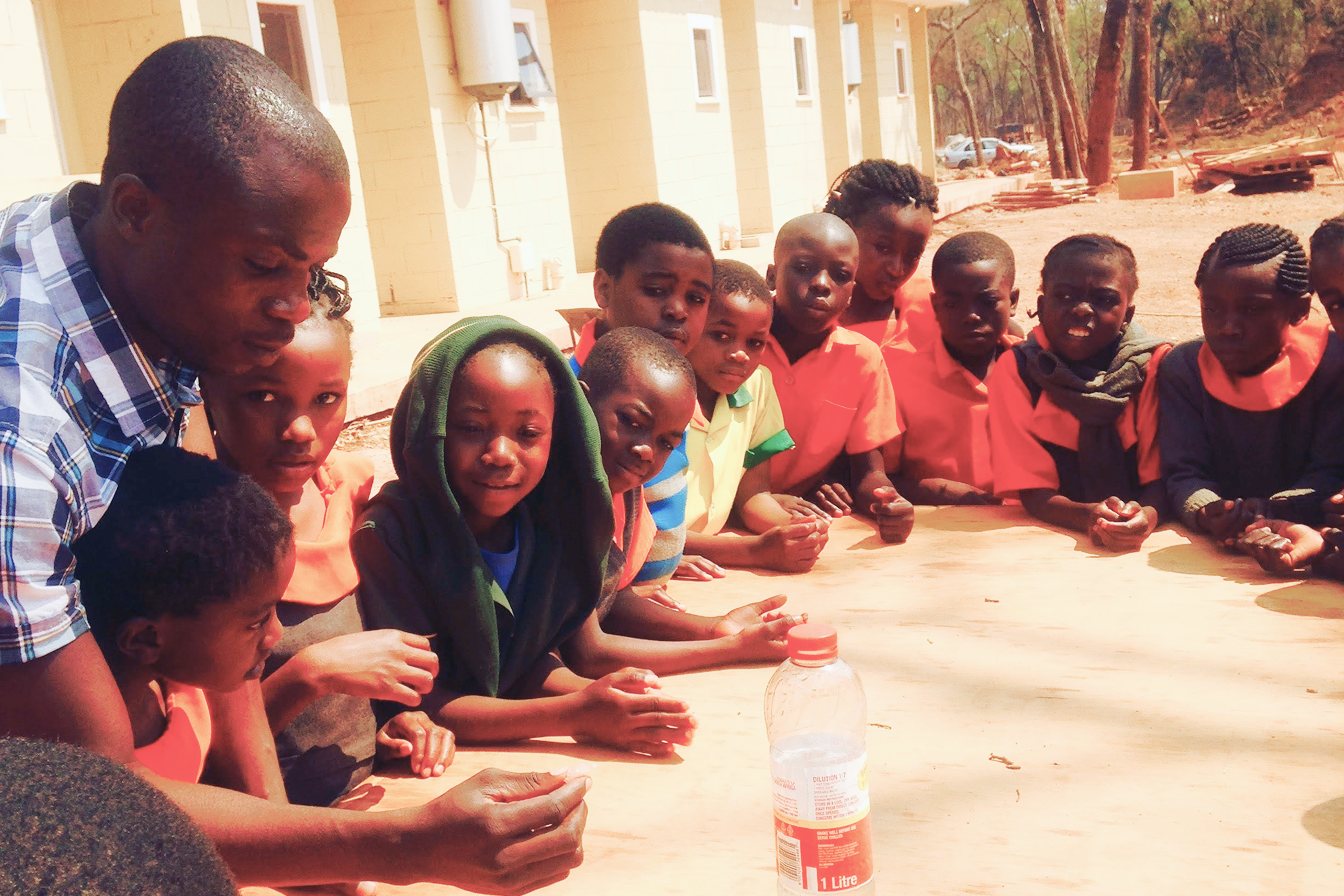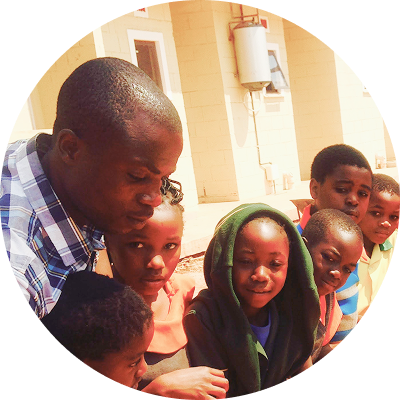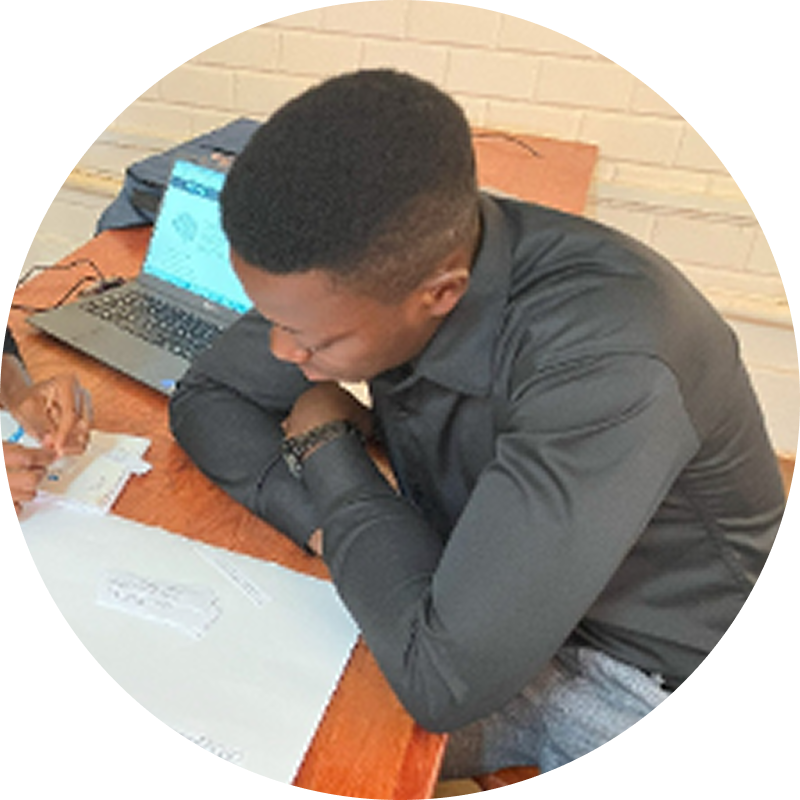As an educator, my role extends far beyond the classroom. Over the years, my experiences with students, families, colleagues, and professional development opportunities have shaped how I teach, lead, and support learners. I am constantly reminded that effective teaching is deeply rooted in empathy, community connection and a commitment to continuous learning. Below, I share some personal reflections on my belief in the transformative power of education.
I am proud of the education a child receives at my school. An education at Nkisu offers students a strong foundation not only academically, but holistically. The school’s emphasis on inquiry-based learning, character development and global citizenship equips learners with the skills, values and mindset needed for lifelong success. By nurturing critical thinking, resilience and confidence, we help students aspire beyond their immediate circumstances.
What makes Nkisu truly special is its commitment to inclusivity. A significant number of our students come from very poor backgrounds, and many are sponsored through Foundation scholarships or bursaries. Knowing this gives me a deep sense of purpose as an educator. It motivates me to give my best, knowing that I am playing a part in changing the trajectory of a child’s life. I see firsthand how access to quality education can unlock opportunities that might otherwise be out of reach. For these students, Nkisu is not just a school… it is a bridge to a brighter, more hopeful future.
Every child has a story and every story matters. I am proud to play a role in helping students rise above their circumstances and believe in their potential. It is this belief and the lived experiences that reaffirm it, that continue to drive my passion for education.

Mr Chitalu demonstrating a Science experiment to grade 4
I try to visit each one of my students each year. Home visits have significantly deepened my understanding of my students’ lives and shaped the way I support them academically and emotionally. One visit that stands out involved a student who travels a staggering distance each day to get to school, leaving home around 4am and returning around 7pm, exhausted and with no time or energy to complete homework. I try to give students like this time to complete their tasks during free periods at school, rather than assigning additional work for home. Another visit was to a boy whose uniform hygiene concerned me. Initially, I planned to speak with his parents about maintaining clean uniforms, but when I saw the extremely modest conditions in which the family lived, including how the parents were dressed, I immediately changed my approach. Rather than adding pressure to the family, I bought detergent for the student myself. My colleagues and I understand that small acts of support can make a big difference in maintaining a child’s dignity and confidence.
A third experience involved a student who consistently skipped break time for three weeks. When I finally asked him why, he shared a deeply emotional story that led me to visit his home. I travelled about 27 km with four other students from the same village and visited all their homes. We ended the visit by sharing a humble meal at one student’s house, a gesture they never expected me to accept. Their gratitude and joy were touching. Before I left, the student we followed sadly told me, “Us, we only eat one meal per day, and we have it in the evening.” This moment was profound. Since then, I have made it a priority to provide basic items such as breakfast snacks, sugar and lotion for underprivileged students in my class. I am glad to say that these four students have now all been given full scholarships through the Educore Foundation to attend secondary school.
These experiences have reinforced my belief that education is a powerful tool for social mobility, and that with determination and the right guidance any child, regardless of background, can succeed. Every year, I continue to support several students in need and this has become a core part of my teaching philosophy. There are many more home visit experiences I have had over the years, and each one inspires and shapes the kind of teacher I strive to be. These moments motivate me to be more than just an educator, they push me to be someone my students can see as a friend, a brother and even a parent. It is through this trust and relationship-building that real learning and transformation happen.
“I am proud of the education a child receives at my school. An education at Nkisu offers students a strong foundation not only academically, but holistically.”
Last year, I enrolled on the Educore Academy’s Diploma programme. This Cambridge course has been transformative for both my teaching and leadership. The course deepened my understanding of effective instructional strategies and provided a strong theoretical foundation to support evidence-based practice. I now approach planning with greater intentionality, ensuring that lessons are differentiated and student-centred. In my leadership role, I have become more reflective and collaborative, using coaching techniques and data-informed dialogue to support colleagues’ growth. The course has also reinforced the importance of continuous professional development and reflective practice in driving whole-school improvement. It has made me a more confident educator and a more supportive colleague.
I actively engage with teachers from other schools in the district through regular professional learning communities and inter-school workshops, which I often organise, lead or participate in. These collaborative platforms allow us to share best practices, moderate assessments and co-develop strategies for improving student outcomes. The exchange of ideas has enriched my own practice and contributed to a shared sense of purpose across schools. I value these partnerships not only for the professional learning they offer but also for the way they help us raise and maintain our standards collectively across the district. This collaboration ensures that no school is working in isolation and that every child in our district benefits from quality teaching.


